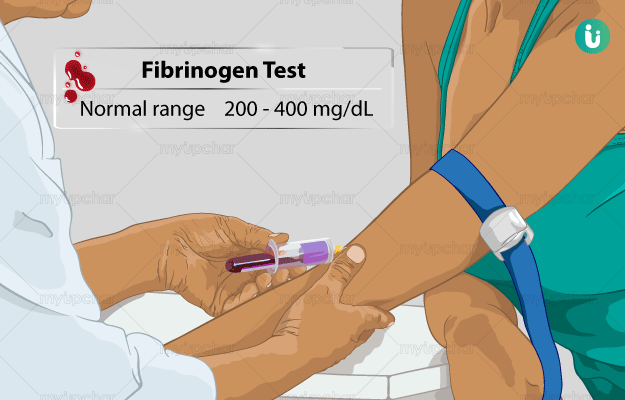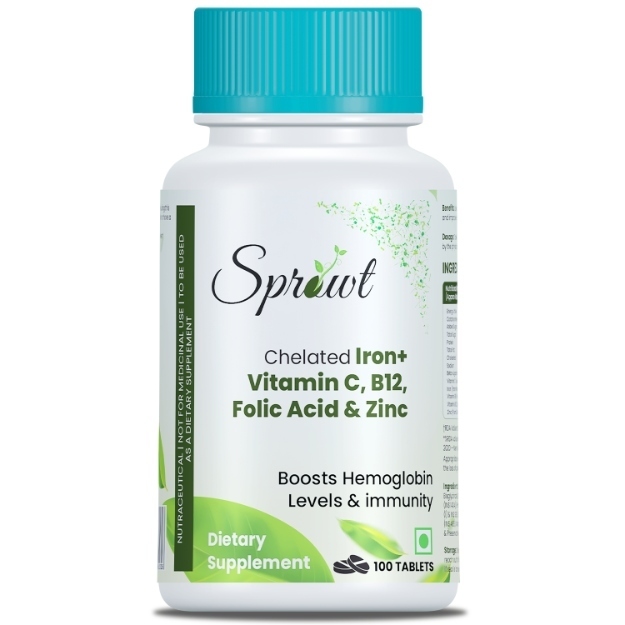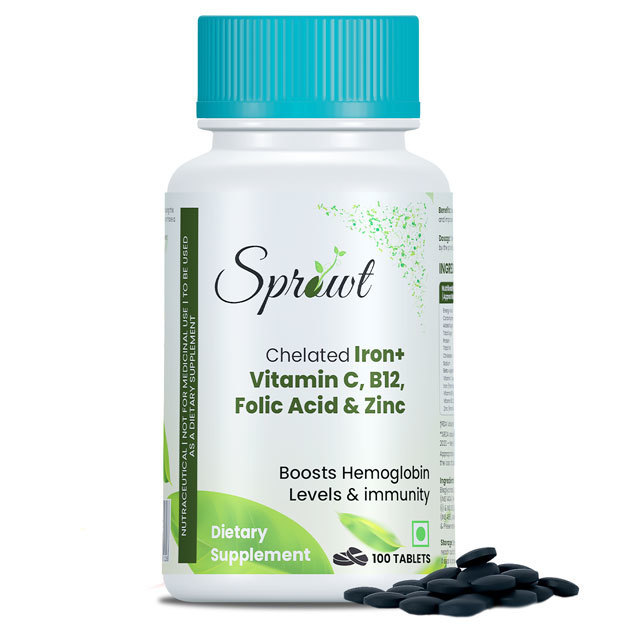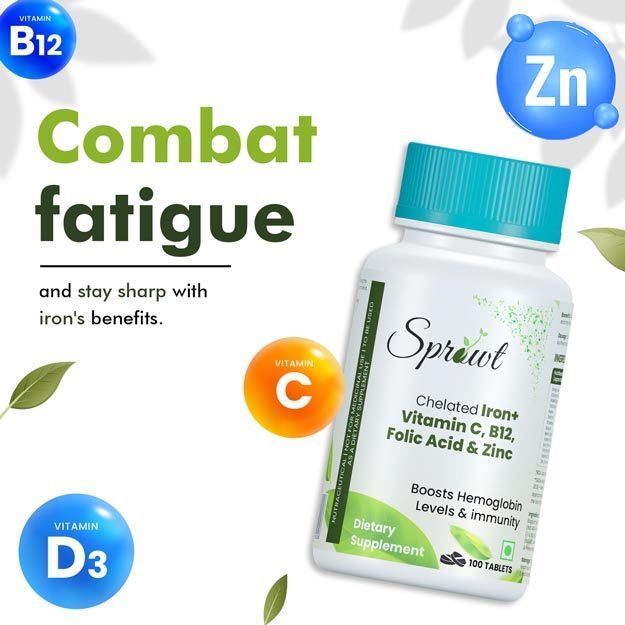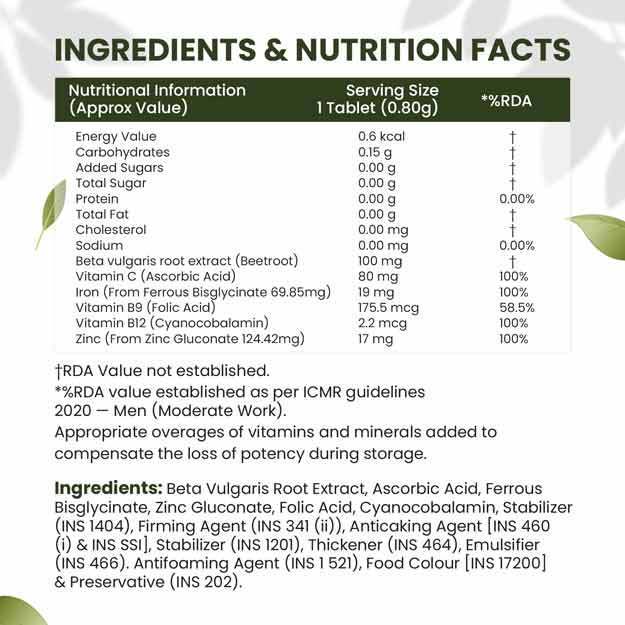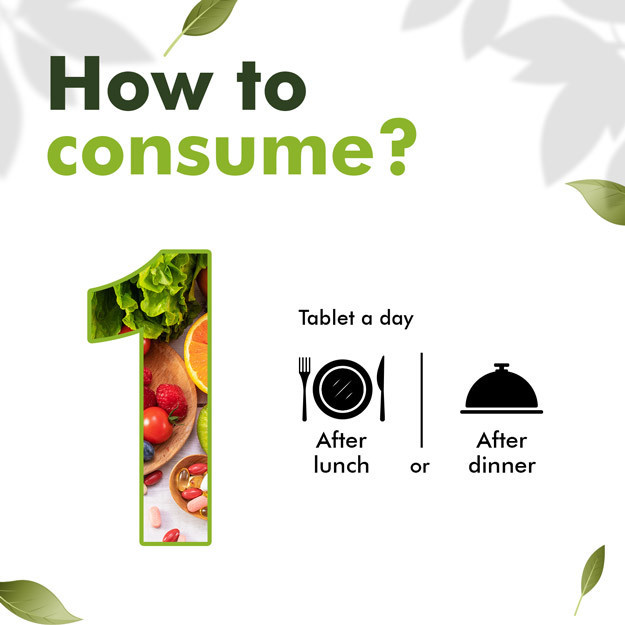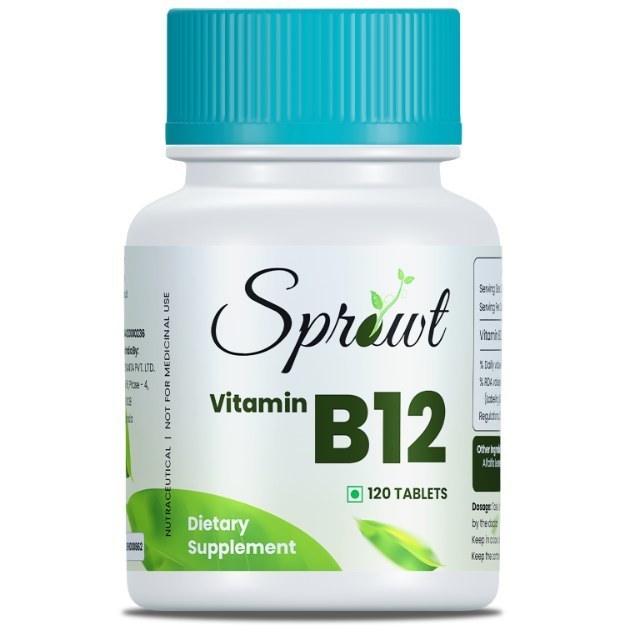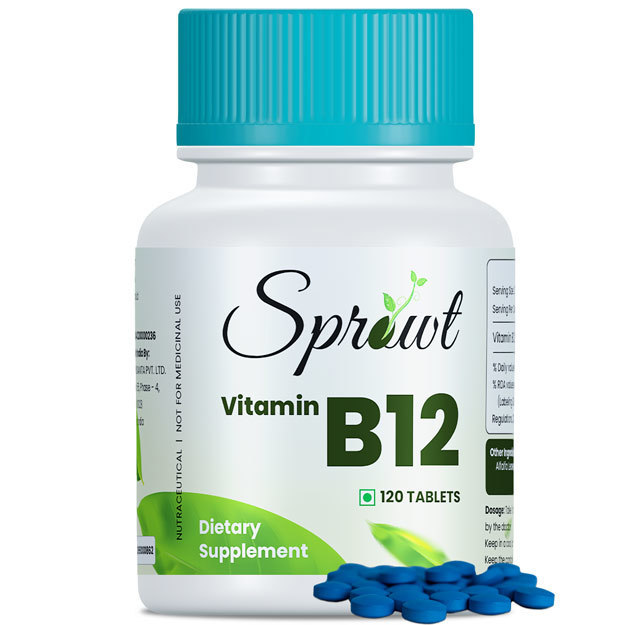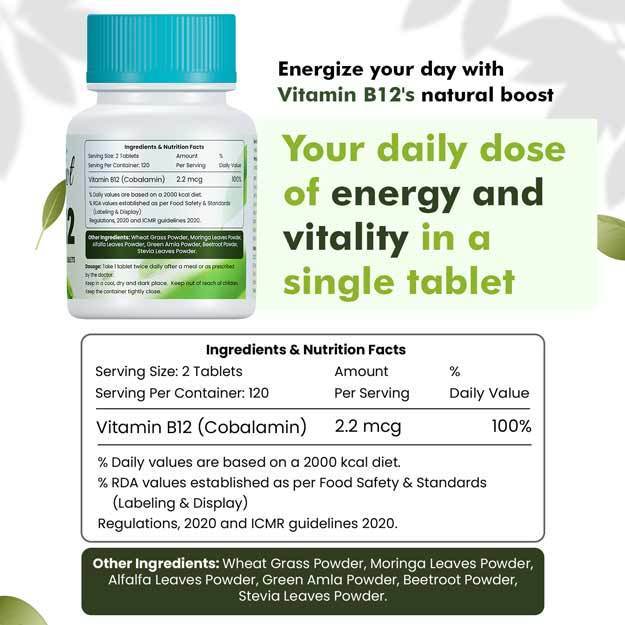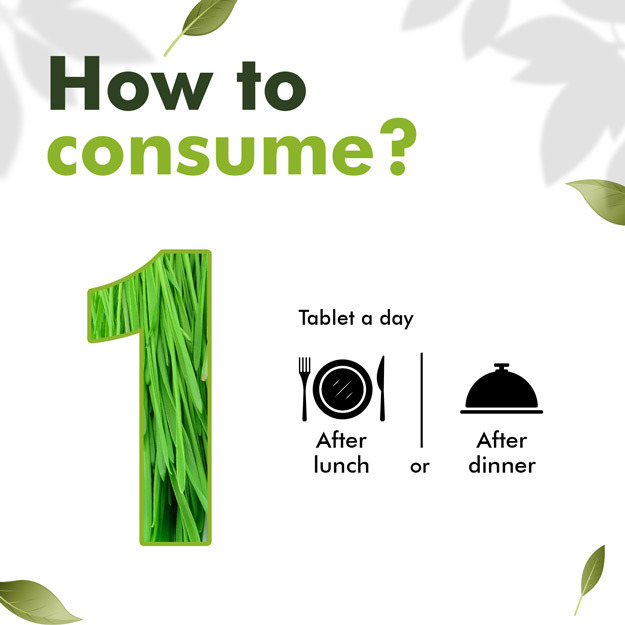What is Fibrinogen test?
Fibrinogen is one of the clotting proteins present in the body. Produced by liver cells, it helps coagulate blood at the injury site to stop excessive bleeding. Fibrinogen also plays an essential role in controlling inflammation during injury and generation of new blood vessels.
Altered fibrinogen levels can hence lead to prolonged bleeding or cause clots inside blood vessels. These clots can then get detached and move to lungs or brain, risking an individual’s life.
Fibrinogen test, also known as factor I assay, fibrinogen antigen test, fibrinogen activity test and cardiac fibrinogen test measures the levels of fibrinogen in the blood.

